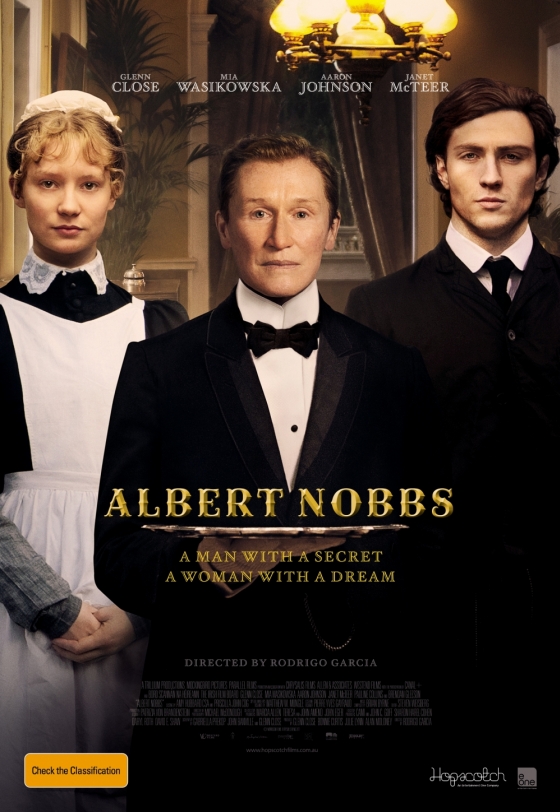Shia LaBeouf has been an actor since he was a child. And, like many others who also started out young in Hollywood, his transition from childhood to adulthood has had its rough and rocky moments. During a recent stint in a rehabilitation program, LaBeouf worked through some unresolved issues based on his childhood acting days and his relationship with his father. The result: the screenplay for Honey Boy, directed by Alma Har’el in her narrative feature debut. It is an exercise in catharsis, sincere and moving and brave. Blurring boundaries – between life and art, reality and representation, memory and manifestation – enables the film to find strength in balance. It is both poignantly personal and technically solid, containing a career-best performance from LaBeouf and marking an auspicious debut at the helm for Har’el.
The film alternates between two time periods. In 2005, twenty-something-year-old actor Otis Lord (Lucas Hedges) is sent to rehab to deal with his alcohol problem. There, his counselor informs him that he has PTSD (Post Traumatic Stress Disorder). Confused and in denial, Otis is prompted to parse through his childhood experiences and relive emotionally trying memories. These memories come from the second time period – 1995 – in which a younger Otis (Noah Jupe) is an actor living with his father James (LaBeouf). Living in a rundown motel complex, their father-son relationship is strained and erratic. His father is four years sober, but he remains prone to unpredictable mood swings, alternating with alarming ease between paternal pride and outright anger. The younger Otis copes, in part, through supportive relationships with his Big Brother Tom (Clifton Collins Jr.) and his friendship with a shy woman (FKA Twigs) who also lives in the complex. Alternating between these two time periods, the film gradually lays bare the traumas which Otis – and by extension LaBeouf – confront head on.
 Whilst the performances and screenplay are consistently strong in both time periods, the film is more emotionally resonant, visually distinctive and internally dynamic during the earlier time period. The father-son relationship is explored with stirring honesty and earnest empathy, even, or perhaps especially, during its more harrowing moments. Jupe is a prodigiously instinctive actor, possessing a sensitivity and maturity that never leads to him overacting, whether he is mediating intense arguments between his parents over the phone, or finding emotional solace in burgeoning friendships. Playing a fictionalised version of his own father, LaBeouf is raw and affecting in ways that he has rarely been onscreen before. It is a demanding, draining role, but LaBeouf plays all of James’ traits – his self-absorption and his self-awareness, his frailties and his flaws, his selfishness and his selflessness – with vulnerable, candid conviction.
Whilst the performances and screenplay are consistently strong in both time periods, the film is more emotionally resonant, visually distinctive and internally dynamic during the earlier time period. The father-son relationship is explored with stirring honesty and earnest empathy, even, or perhaps especially, during its more harrowing moments. Jupe is a prodigiously instinctive actor, possessing a sensitivity and maturity that never leads to him overacting, whether he is mediating intense arguments between his parents over the phone, or finding emotional solace in burgeoning friendships. Playing a fictionalised version of his own father, LaBeouf is raw and affecting in ways that he has rarely been onscreen before. It is a demanding, draining role, but LaBeouf plays all of James’ traits – his self-absorption and his self-awareness, his frailties and his flaws, his selfishness and his selflessness – with vulnerable, candid conviction.
This is not a conventional biopic – not in its look, its narrative, or its rhythms – and is all the better for it. And whilst much of this must be attributed to LaBeouf’s visceral screenplay, credit must also be given to Har’el. Under her nuanced direction, the film never strains for its emotional payoffs. Instead, it strikes up a balance between tension and tenderness, dreaminess and dreariness that tonally works. It is not always easy to watch, but one cannot help but admire the depth of its honesty.
Honey Boy is in cinemas from 27th February through Sony Pictures.





